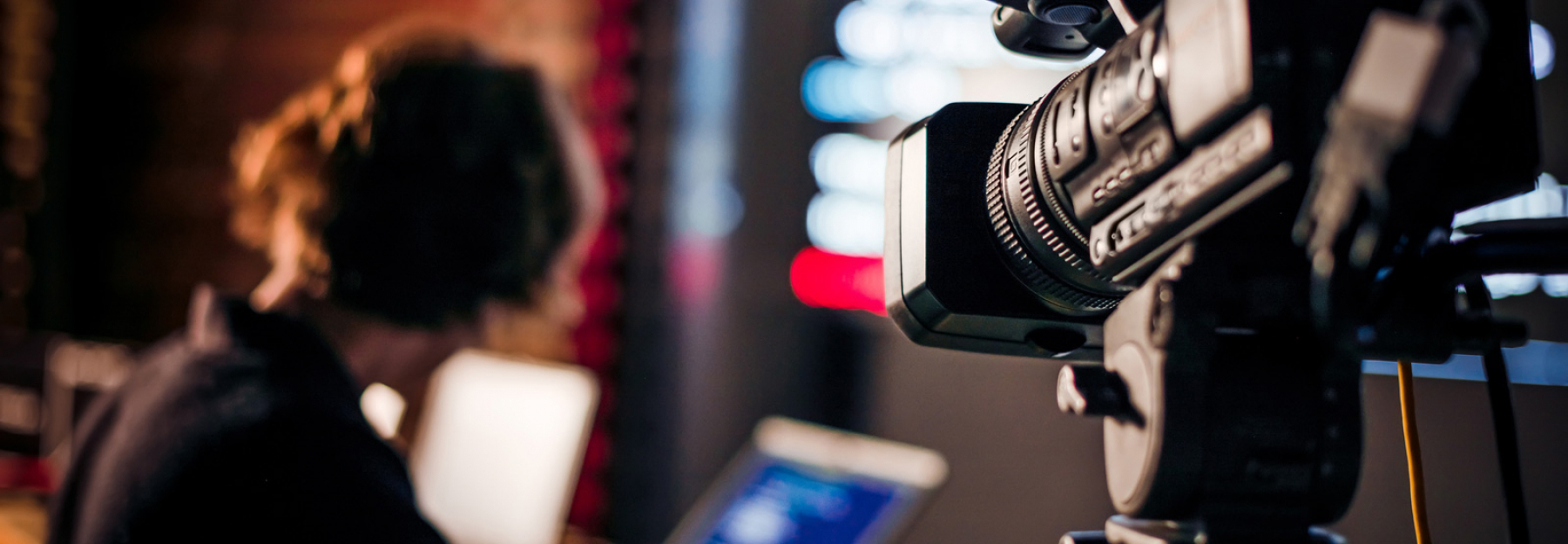The Netflix Effect: The Positive Impact on British Broadcasting
There have been a lot of articles in the news recently about the negative impact of SVoD platforms such as Netflix and Amazon on the traditional broadcastng market - particularly their impact on original British content
There have been a lot of articles in the news recently about the negative impact of SVOD platforms such as Netflix and Amazon on the traditional broadcasting market – particularly their impact on original British content. Earlier this week, the BBC Director General, Tony Hall, warned that British content is under “serious threat” from such platforms as investment in the industry shifts towards the more expensive content more likely to attract audiences of global size. While there is no doubt that the rise of SVOD platforms is leading to a shift in the broadcast market, that doesn’t necessarily mean it’s all doom and gloom.
Many people foresee a future where Netflix, Amazon & Apple reign supreme. Millennials, in particular, are seemingly champions of Netflix, with original content such as Orange is the New Black, Narcos & Stranger Things becoming viral (and don’t pretend you don’t know what ‘Netflix and Chill’ means). However, a recent report by Mediatique, commissioned by the BBC, found that traditional Pay TV penetration in the UK has actually increased by 15% over the last 10 years, despite the rise of mega players like Netflix. Furthermore, their research indicated that services like Netflix and Amazon are “seen as largely additive, as opposed to substitutive”¹ in simple terms, UK Sky customers aren’t going to leave in favour of Netflix, they’re going to get a subscription alongside their current package. Netflix will not monopolise the market, they’ll simply complement what’s already there.
As we said in our previous ‘Has the Netflix Model Peaked?‘ article, we see the future as an amalgamation of content which will feature all our favourite platforms. So, while we might still spend £60 a month per household on TV, it’ll be made up of all our favourite subscriptions, Netflix, HBO, ITV Hub and Disney for example. In his statement, Hall discussed the prediction of a £500 million deficit over the next decade in spend on original British television content. For this, he pointed the blame at SVOD platforms and a decrease in UK ad spend. Between 2006 and 2016, SVOD platforms leapt from no revenue at all to a massive £953 million. In the same period, there has been a notable decrease in UK ad spend, declining to £4.1 billion from £4.4 billion.² However, Gary Davey, Managing Director, Content Sky believes the blame for that deficit lies with the PSBs.
Gary Davey - Managing Director, SkyOfcom itself noted that spend on first-run UK content from all the PSBs was still below what is was a decade ago, so if anything that's where the deficit has come from - not from pay-TV companies and subscription streaming players, who are actually upping their investment in Britain's production sector.
Mediatique’s report actually found that “one response to the maturing of traditional pay TV and advertising markets has been increased investment by channel and network operators in production assets – ITV Discovery, Liberty Media, Sky, NBC and Sony have all invested in UK and international production companies.”³
It’s not just pay TV providers investing in original British content. Although traditionally Netflix does invest more heavily in the US, a quick google search will bring up The Crown – the most expensive TV show ever made. A British TV show, paid for by Netflix. At the same time, on UK television in 2016, nine of the top ten most watched programmes were Bake Off and the only other show to make it into the top ten was Planet Earth II. If that doesn’t signify strength in British content, we don’t know what does.




